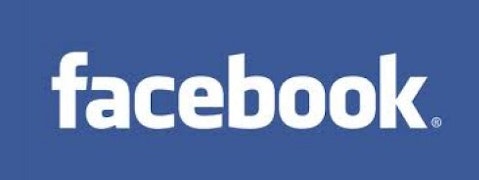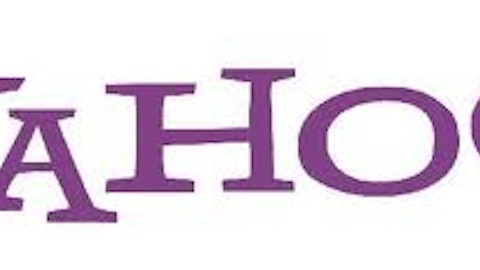The great irony of yesterday’s biggest story is just how much outrage was directed against it on social media.
Early on Thursday, The Guardian broke a story that claimed the National Security Agency was collecting millions of Verizon Communications Inc. (NYSE:VZ) customers’ calling data on an “ongoing, daily basis.” Later in the day, the story expanded when The Washington Post revealed that a joint NSA-FBI program, codenamed PRISM, has been data-mining the servers of nearly every major American online company for information on millions of Americans — perhaps all Americans — since 2007. Twitter, which is not included on the Post‘s list of nine companies, has been flooding with anti-spying commentary since the story broke. The #NSA hashtag trended for hours — it’s still the most popular hashtag a day later.
By the time you first found out about the NSA spying operation, whether it was through The Guardian or the Post or here or anywhere else, you’d already shared more than you know with more than one major data center.
It’s quite possible that you found this article while browsing Yahoo! Inc. (NASDAQ:YHOO), which tailors its list of featured articles based on what you’ve read in the past. After you finish reading, you may choose to share it on Facebook Inc (NASDAQ:FB), or you might tweet it, informing one or the other social network (or both) that you are in some way anti-privacy, which might very well result in sponsored ads pitching privacy software later in the day. You could even post it to the barren wasteland that is Google Inc (NASDAQ:GOOG) Plus, which will subtly alter the priority ranking of Google Inc (NASDAQ:GOOG)’s search results the next time you go looking for anything related to privacy, security, the NSA, or possibly Mark Zuckerberg, and it’s fairly certain to alter the ads you’ll see alongside those searches. Twitter is the only online company of that group that doesn’t participate in the PRISM program, but that doesn’t necessarily make it a better option for sharing your outrage over the intrusion than any other alternative.
Your data does not belong to you anymore. Government leaders didn’t collude together to deem it so one day. It’s taken decades of conscious decisions by millions of people to create a culture that values access over privacy and that will trade identity for information.
When interstellar exploration ramps up, it’ll be corporations that name everything
The great irony of all this outrage is just how much of it was vented on platforms designed to spy on everyone for a profit. What is Facebook, if not a vast database of people, movements, events, and opinions? What is Google Inc (NASDAQ:GOOG), if not a vast database of what everyone’s looking for and who they’ve been talking to? The things people do online are tiny little specks of data in an enormous universe of information. Over time, the Facebook Inc (NASDAQ:FB) and Google Inc (NASDAQ:GOOG)s of the universe will gather those little data-specks together until a galaxy forms, with big coherent chunks (not unlike stars and planets) made up of specks from your life mashed together with the specks of millions of other people. And then they’ll sell it all to advertisers, one chunk at a time.
Any reasonable expectation to privacy was abandoned when people allowed their lives to become specks of data for sale. That sale was authorized when everyone demanded that the Internet structure itself in a way that allowed maximal access at minimal cost. What appears free on one end of the equation is bound to have costs on the other. You can have unlimited access to a universe of information, or you can have privacy, but you can’t have both.






